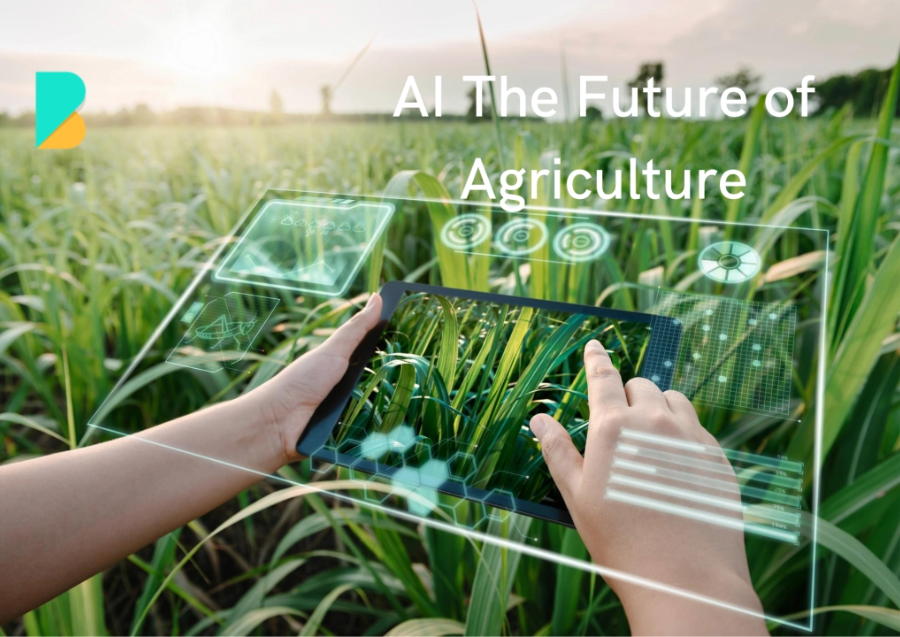Transforming Soil Testing with AI-IoT: Revolutionizing Agriculture Practices
The fusion of Artificial Intelligence (AI) and the Internet of Things (IoT) has been a game-changer in various industries, and agriculture is no exception. A ground-breaking solution is emerging to revolutionize the traditional method of soil testing, providing farmers and agricultural scientists with a swift and efficient way to assess soil health. This innovative system, driven by an Android app, can conduct 12 key soil parameter tests, delivering results in just 30 minutes and generating a comprehensive soil health card sent directly to stakeholders’ mobile devices.
Key Features of the AI-IoT Soil Testing Machine
The following are the key features of the AI-IoT Soil Testing Machine
- Swift Testing Process:
The core strength of this automated system lies in its ability to deliver results within 30 minutes, a significant improvement compared to the traditional 3-4 hours of testing time. The speed of the testing process enables farmers and scientists to promptly identify soil deficiencies and take corrective measures, optimizing agricultural practices.
- Comprehensive Soil Parameters:
The machine is equipped to conduct 12 crucial soil parameter tests, providing a comprehensive understanding of the soil’s health. Parameters include pH value (acidity or alkalinity), electrical conductivity (measuring soluble salts), organic carbon, phosphorus, potassium, sulphur, nitrogen, and zinc.
- Mobile Accessibility:
The system generates a soil health card summarizing the results, which is sent directly to the mobile phones of stakeholders. This mobile accessibility ensures that farmers and relevant authorities receive real-time information, facilitating quick decision-making and action.
- Compact and Efficient Design:
The soil testing machine, known as Bhu-Vision or Krishi-RASTAA, boasts a compact design measuring 45x37x44 cm and weighs 12.55 kg. Its efficient design contributes to ease of use and portability, making it accessible for farmers in diverse agricultural settings.
- Affordability:
Priced at ₹2.12 lakh (including a GST of ₹32,400), the machine provides an affordable solution for soil testing, making advanced technology accessible to a wider range of farmers.
- Collaborative Development and Launch:
The Bhu-Vision platform, also known as Krishi-RASTAA Soil Testing Equipment, is a collaborative effort involving the Indian Council of Agricultural Research’s Indian Institute of Rice Research (ICAR-IIRR), KrishiTantra, HiMedia Laboratories, and BhoomiSeva (HCF Tech Services Pvt Ltd). The collaborative approach highlights the importance of public-private partnerships in developing and commercializing products that benefit farmers not only in India but also in other South Asian Association for Regional Cooperation (SAARC) and Southeast Asian countries.
Acknowledging the Need for Training
During the launch event, it was emphasized that while advanced technology is crucial, there is also a need to empower farmers with the necessary knowledge and skills to interpret soil health data. P. Muthuraman, a senior scientist with ICAR-IIRR, emphasized the institute’s role as a platform for offering initiatives to train farmers in soil testing techniques.
Future Plans and Adoption
Artificial intelligence (AI) and the Internet of Things (IoT) are reshaping industries, including agriculture. A groundbreaking solution in soil testing is set to transform agricultural practices, aiding farmers and scientists in swiftly identifying soil deficiencies. Powered by an Android app, this automated system conducts 12 key soil parameter tests, delivering results in just 30 minutes. The innovative approach promises to expedite corrective measures, revolutionizing the conventional soil testing timeline. The fully automated system’s efficiency lies in its seamless integration with an Android app, enabling real-time analysis and providing farmers with prompt insights for informed decision-making.
HCF Tech Services Pvt Ltd Managing Director and CEO, Melind Deshpande, shared the company’s vision for the technology’s future. Deshpande discussed plans to implement a ‘shop-in-shop’ model, making the technology adaptable for village-level entrepreneurs (VLEs). This approach aims to further enhance accessibility, ensuring that even remote farming communities can benefit from the transformative AI-IoT soil testing technology.
Conclusion
The introduction of the Bhu-Vision platform marks a significant leap forward in the realm of agriculture, leveraging AI and IoT to streamline soil testing processes. The collaboration between research institutes, technology providers, and private enterprises underscores the importance of synergy in driving agricultural innovation. As this technology becomes more accessible and farmers receive proper training, it has the potential to revolutionize agricultural practices, leading to increased efficiency, sustainability, and informed decision-making in the farming community. The AI-IoT soil testing machine represents a beacon of progress in modernizing agriculture, ultimately contributing to global food security and sustainable farming practices.
Source
- https://www.bitsathy.ac.in/smart-soil-testing/
- https://www.mdpi.com/2073431X/12/3/61#:~:text=An%20IoT%2D%20and%20machine%2 Dlearning,%2C%20logistic%20regression%2C%20and%20XGBoost.

